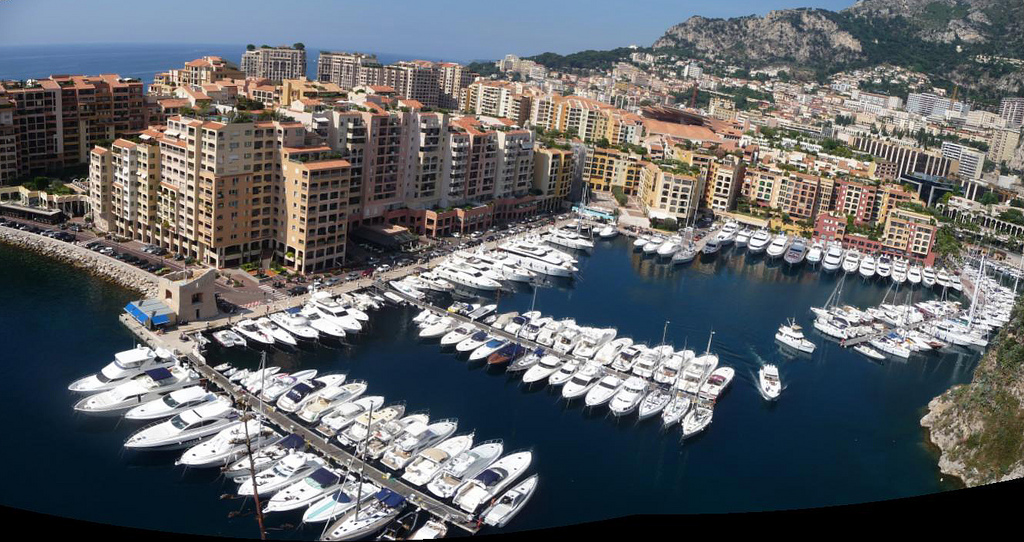This post is the third of five in a series about the differences between domestic and international prospect research. For previous posts in the series, please see Part 1 and Part 2.
Checking your assumptions.
When a researcher estimates a prospect’s level of wealth, that estimate is based on a set of assumptions about how HNWIs allocate their assets. Researchers in the United States base their estimates on asset allocation trends among HNWIs in that country. Those same assumptions also can be used effectively for assessing wealth in a handful of other countries, such as Canada and the UK.
Those assumptions won’t necessarily work when looking at prospects in other countries, however. Why?
One formula does not fit all.
Asset allocations can vary widely from country to country. As a result, the wealth estimate formulas used for prospects in the United States, Canada, and UK may not work for prospects in other countries where asset allocations are very different.
To get the best estimate of wealth, a skilled international prospect researcher needs to have:
- a solid understanding of wealth trends in countries around the world
- the ability to tweak in-house capacity formulas to reflect asset allocation trends in various countries
Without these abilities, a researcher may unintentionally present a skewed impression of a prospect’s wealth. Sending a fundraiser around the world to visit with prospects under misguided pretenses… well, no one wants that.
The well-prepared international prospect researcher
Researchers can only acquire these skills if they have enough time to
- monitor new reports on wealth trends on a regular basis
- understand where capacity formulas need to be modified
- create new capacity formulas for each of those identified places
This work is important to international fundraising success, but it takes time. It is not the kind of activity that can be done effectively on deadline. Unfortunately, many researchers just do not have adequate time in their work schedules to allow for this type of ongoing study and systems management.
What is the situation in your organization?
Do the researchers have a solid understanding of international wealth trends? Do they have time to explore the possible need for country-specific capacity formulas? Will they be ready for your next international fundraising trip?
